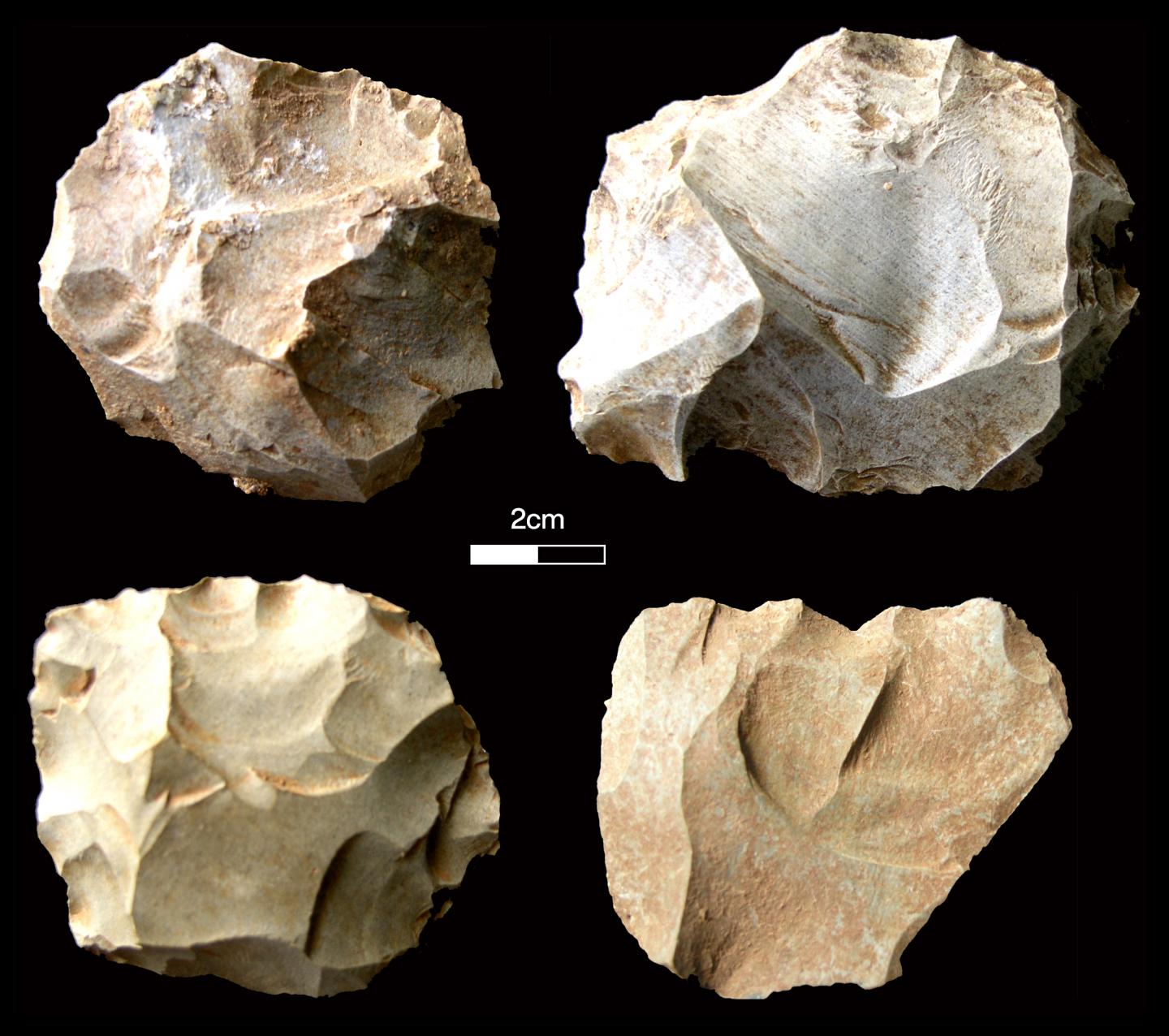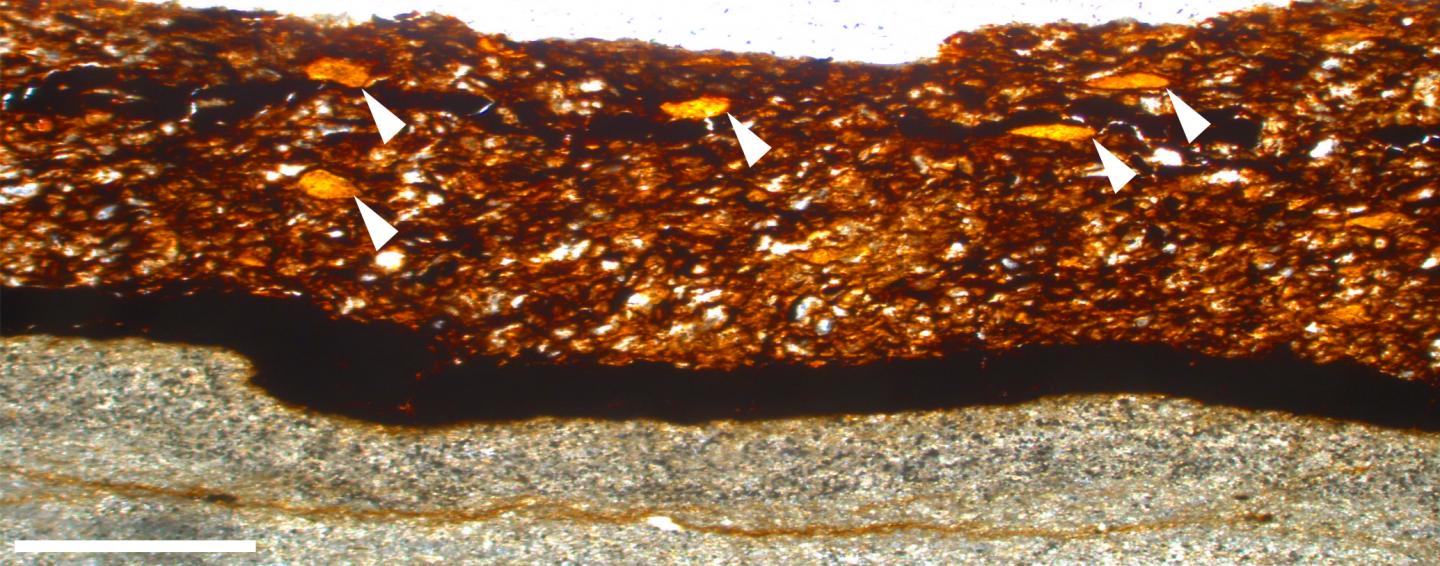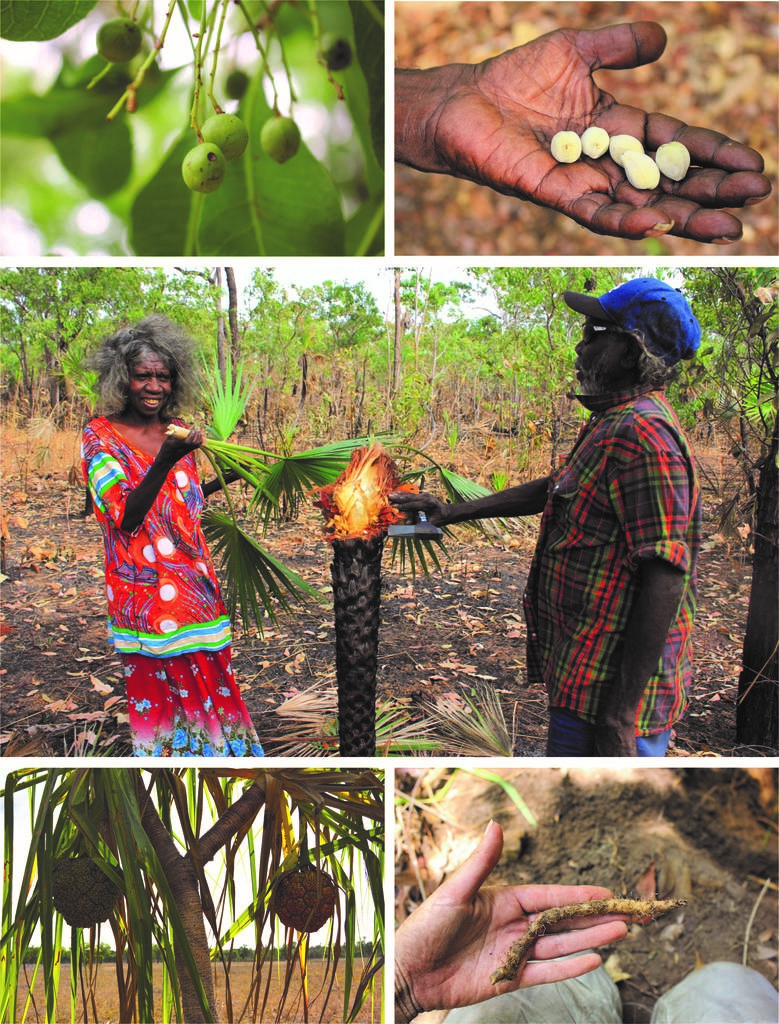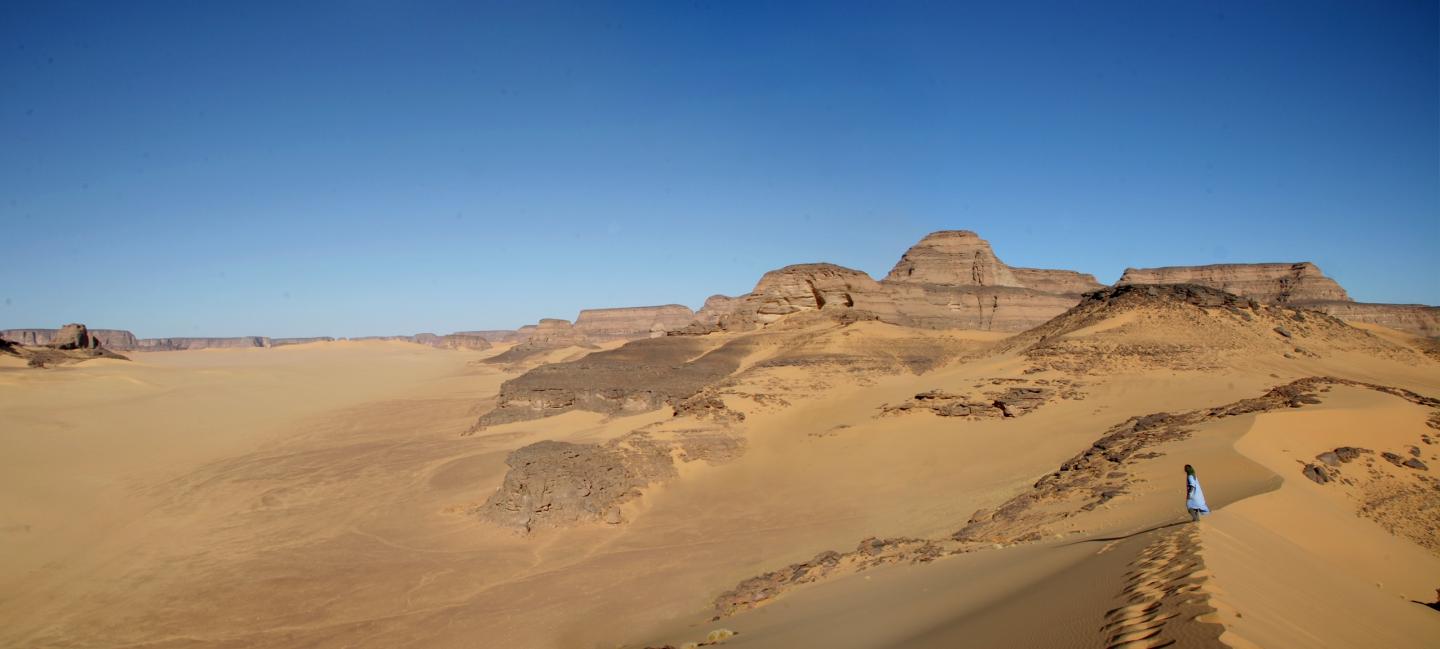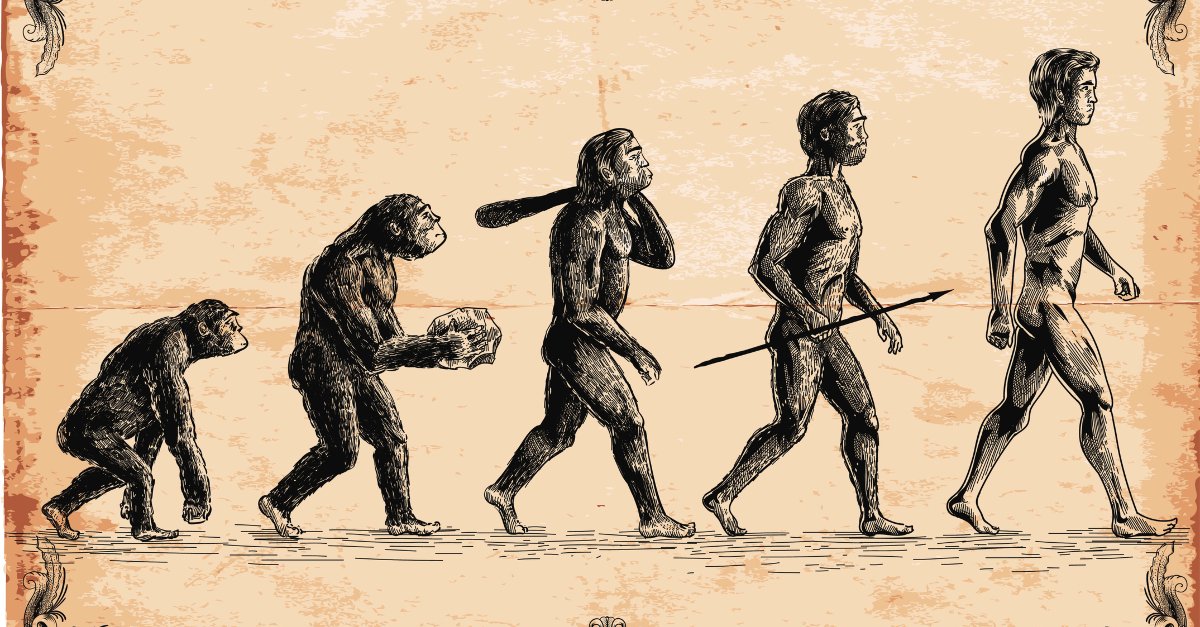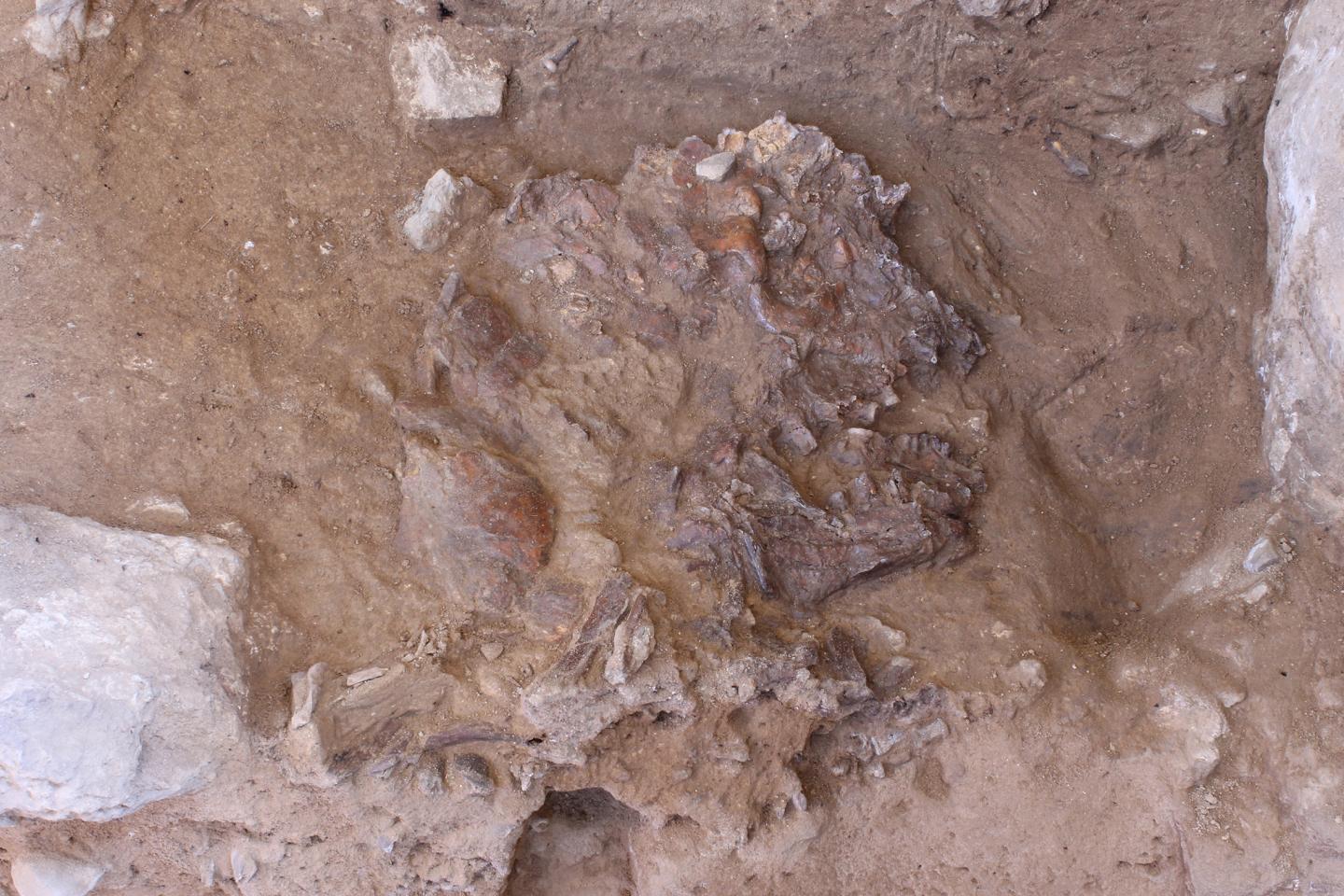Researchers determine age for last known settlement by a direct ancestor to modern humans
Nature Russell Ciochon (University of Iowa), Kira Westaway (Macquarie University) et al. https://twitter.com/uiowa Homo erectus, one of modern humans’ direct ancestors, was a wandering bunch. After the species dispersed from Africa about two million years ago, it colonized the ancient world, which included Asia and possibly Europe. But about 400,000 years ago, Homo erectus essentially vanished. The … Read more
